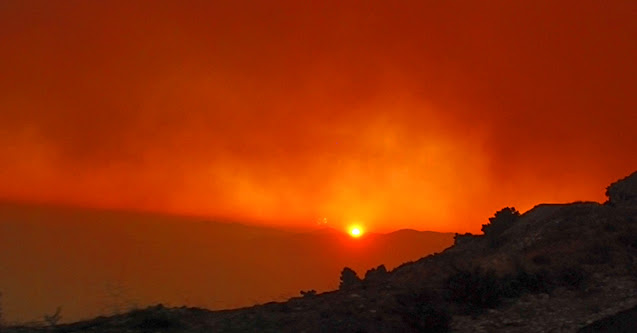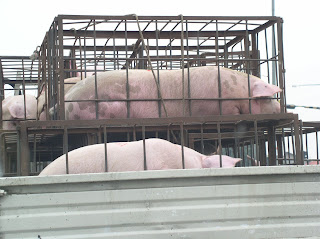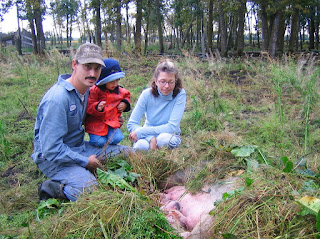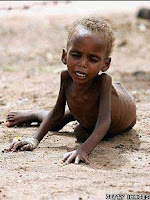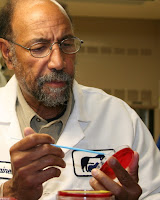On Wells and Wellness: Oil and Gas Flaring as a Potential Risk Factor for Preterm Birth

Environmental Health Perspectives Cattle graze in a field as gas flares from a pumping installation on the Eagle Ford Shale in Karnes County, Texas. The shale oil boom is going strong on a formation that stretches for about 500 kilomtres across south Texas, one of the most prolific oil patches in the U.S. Excess gas is burned off at oil pumping stations which dot the countryside. A Greenpeace photo. Several studies have examined the association between unconventional oil and gas development and adverse birth outcomes. But up to now, no study is known to have looked specifically at flaring—the controlled burning of natural gas at the well site to relieve pressure or dispose of waste gas.1 In a recent article in Environmental Health Perspectives, investigators report their findings on flaring and maternal and fetal outcomes. Details here.
